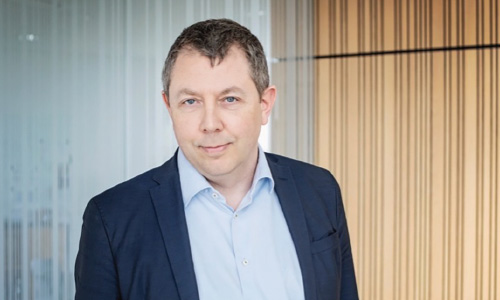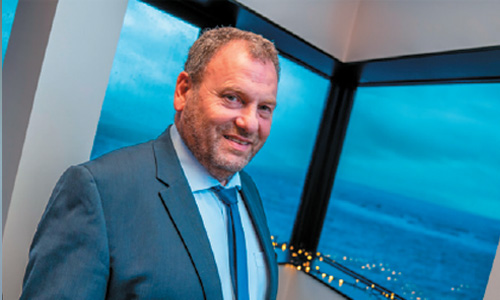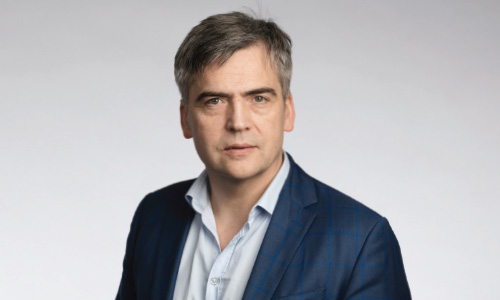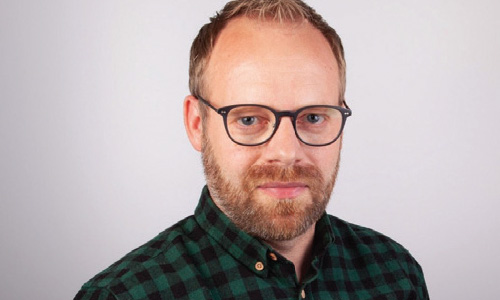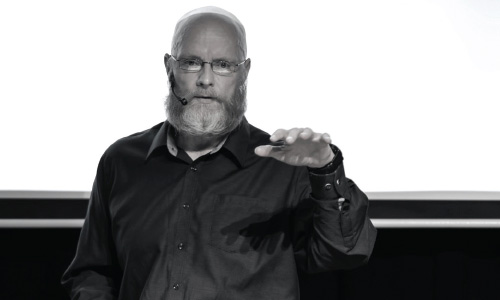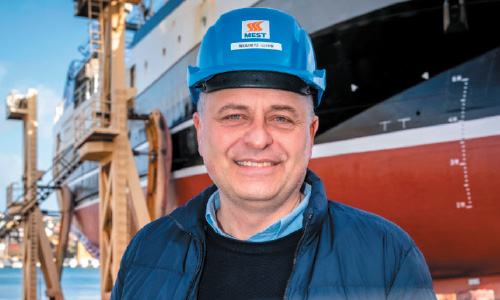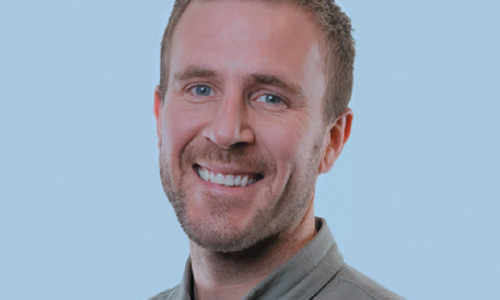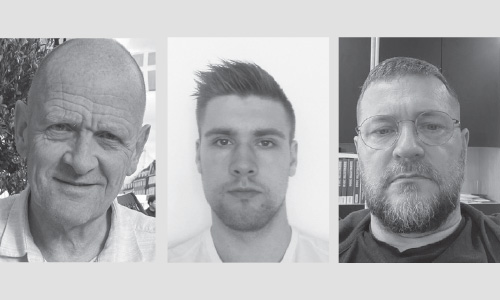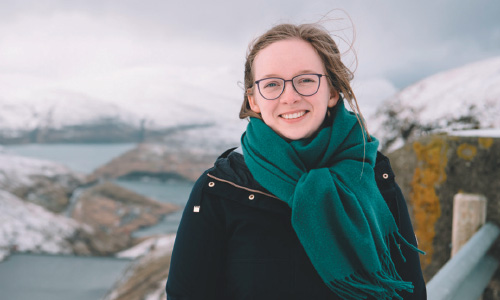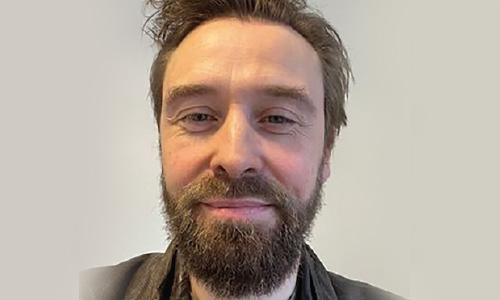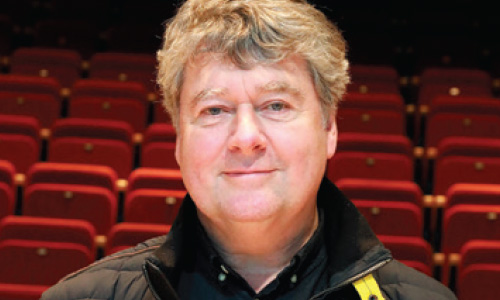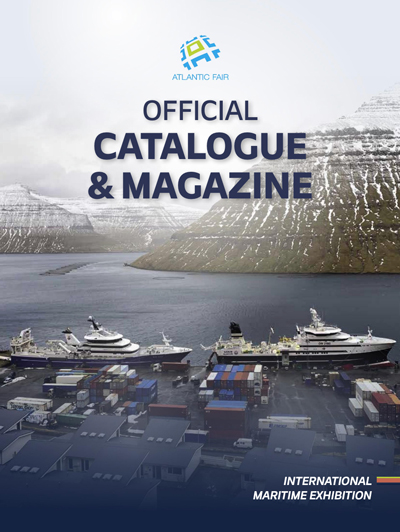Lectures
Arranged by Jan Müller, FOIB (FAROES ENERGY INDUSTRY GROUP)
May 28th, 11.30AM
Niels Winther, Vinnuhúsið
Language: Faroese
“Market Access for Faroese products and services”
In the presentation, Niels Winther, Managing Director of the House of Industry, presents the results from a recent survey among Faroese exporters regarding market access.
The market access for faroese fish products is then compared with the market access that other countries have for their products. Finally, the need for further double taxation agreements with other countries is addressed in the presentation.
May 28th, 13.00PM
Hans Johannes á Brúgv, Sjóvinnustýrið
Language: Faroese
Will the Faroe Islands still be a seafaring nation in 20 years?
The Faroe Islands are moving away from 100-year old maritime traditions.
May 28th, 14.00PM
Bjørn Kunoy, Fróðskaparsetrið / Uttanríkisráðið
Language: Faroese
“The limits of the continental shelf of the Faroe Islands and rights embedded therein”
In 2019 the Faroe Islands/Denmark concluded two outer continental shelf delimitation agreements with Iceland and Norway, respectively. These agreements relate to the area north of the Faroe Islands, beyond 200 nautical miles from the baselines from which the breadth of the territorial sea is measured. In so doing the Faroe Islands asserted exclusive and sovereign rights to explore and exploit
all resources in an additional area of 27.000 square kilometres, including also possible rare-earth minerals on the seabed.
Faroe Islands/Denmark have an additional outer continental shelf claim to regarding the Faroe-Rockall Plateau, which in 2010 was submitted to the Com-mission on the Limits of the Continental Shelf. The claimed outer continental shelf entitlement to the Faroe Rockall Plateau was submitted to the Commission on the Limits of the Continental Shelf in December 2010, the consideration of which is pending. Neighbouring countries have overlapping claims to the Faroe-Rockall Plateau.
The exercise of any sovereign powers within the Faroe-Rockall Plateau is contingent upon two factors. Firstly, the Commission on the Limits of the Continental Shelf must consider the claim(s). Secondly, the relevant neig-bouring States must seek to agree on delimitation agreements, failing which the dispute may be referred to relevant compulsory conciliation commission proceedings or, as appropriate, to the International Court of Justice or international courts and tribunals.
May 28th, 14.40PM
Uni Árting og Heri Ziska, Jarðfeingi
Language: Faroese
Seabed minerals on the Faroese Continental Shelf
Numerous geological surveys have been conducted on the Faroese continental shelf. These have mostly focussed either on hydrocarbon exploration related geology or the Faroe Islands’ claim to an extended continental shelf beyond 200 nautical miles. In conjunction with many of these surveys, so-called seabed grab samples are taken, and some of these have returned samples of seabed minerals.
Seabed minerals are minerals that precipitate on the ocean floor, particularly where there is little sedi-mentation, where the seabed is hard, and where the slope is steep. Various types of seabed minerals exist, including iron-manganese crusts, iron-manganese nodules, and SMS (seafloor massive sulphides). What these minerals have in common is that they contain a range of critical metal resources (polymetallic), which are largely used in producing batteries and electric production tools that are part of the green transition, as well as being significant in high-tech manufacturing. These minerals are currently in high demand, and this has led the Norwegian authorities to permit exploration for these minerals on the Norwegian seafloor.
Samples from the Faroese seafloor have shown that both iron-manganese crusts and iron-manganese nodules are present, and surveys in deep waters have also indicated areas where conditions are favourable for finding particularly iron-manganese crusts, but possibly also SMS. Further investigations are needed to confirm the extent of these areas and the actual quantities of minerals present.
May 28th, 16.00PM
Jan Müller, FOÍB (Føroya Orkuídnaðarbólkur)
Language: Faroese
Future business opportunities on both sides of the UK/Faroes boundary
Development of oil- and gas discoveries as offshore windenergyparks in UK waters and future exploration for oil and gas in Faroese waters, can deliver new opportunities for Faroese industry. As well as future cooperation between Faroes and UK on the Atlantic Margin.
May 29th, 11.00AM
Mourtz Mohr, CEO MEST SHIPYARD
Language: Faroese
New Freezing Trawler to Varðin and other projects at MEST Shipyard
MEST has signed a contract to build a new freezing trawler for Varðin, which lives up to future requirements – and is easy to rebuild into green solutions in the future.
May 29th, 13.00PM
Inge Bertil Straume and
Inge Bertil Straume and Vegard Nesset Hjelvik, skipsteknisk
Language: Faroese
“Freedom to Create and Build – Faroe Islands’ Next Vessels”
A brief presentation of the design and innovation process that has led us to shape the future vessels for the Faroese market. Through creativity, expertise, and close collaboration with the industry, we have created several groundbreaking vessel designs that not only meet but exceed the needs of the Faroe Islands’ maritime sector. Together, we will continue to explore how we can lead the way and set the standard for performance, sustainability, and innovation in the Faroe Islands in the times ahead.
Inge Bertil Straume, SVP Fishing & Aquaculture, has an extensive and long experience in providing designs for the deep-sea fishing fleet worldwide.
During the last 22 years of his career, he has overseen and leading the fishing vessel designs business at Skipsteknisk AS. With an established client portfolio on 5 continents, he leads a dedicated team of engineers, developing new ship-design concepts for industry needs.
Vegard Nesset Hjelvik, Sales Manager Fishing and Aquaculture, is a seasoned professional with 14 years of experience in the ship design industry. Since 2017, he has brought his expertise to the Fishing and Aquaculture sector worldwide in different roles in Skipsteknisk AS, currently as a Sales Manager. Vegard’s extensive background in ship design provides him with a unique perspective and deep understanding of the maritime industry, allowing him to excel in his current role.
May 29th, 14.00PM
Finn Wollesen, Thormund Johannesen, Marni Olsen and Jóhannes á Forunum, from Knud E. Hansen
Language: Faroese
Bakkafossur, Smyril Line RoRo and future trawlers
The marine consultancy company Knud E. Hansen is well known in the Faroe Islands and has been designing vessels for the islands for many years.
In the 1940’s KEH designed multiple of the so called “30tons” and “80tons” Longliners in conjunction with the renewal of the Faroese fishing fleet post World War II.
1950’s KEH designed the trawlers: Leivur Øssurson, Ólavur Halgi, Vágbingur, Brandur Sigmundarson og Magnus Heinason.
1960’s a number of vessels were designed by KEH that were built in the shipyards in Tórshavn and Skála. Smyril and Norvíkingur were built at the yard in Tórshavn and Chr. Holm and Árnatindur were built at the yard in Skála.
Furthermore some well known designs from KEH are the ferries that have been operateing in between the islands throughout the days,
(some are still active): The old Ritan, the current Ritan from 1971, Teistin (Mikkel Mols), the old Smyril (Morten Mols), the current Smyril from 2005 and the old and the current Norrøna.
Also the Faroese patrol vessel Brimil was designed by KEH.
Knud E. Hansen has an office in the Faroe Islands which have been designing the large well-boat Bakkafossur. Bakkafossur got a design reward for the “Best Work Boat-Project in 2023”.
May 29th, 15.00PM
Helma Maria Tróndheim, SEV
Language: Faroese
Faroese Power System RoadMap
The transition from an oil based electricity production to a renewable production has gained a lot of attention the past years. This presentation focuses on the newest update of the RoadMap, which the Energy Authority and the Power Company Sev Helma Maria Tróndheim, SEV have published together.
May 29th, 15.30PM
Heini Ellingsgaard, Effo
Language: Faroese
Transforming while performing – An everlasting Faroe Islands
The presentation will be about Effo’s latest project, Eysturlund.
To sustain society, it is necessary that energy is provided and used every day. An energy transition is underway, and gradually this energy will shift from fossil energy to sustainable energy. All to create and ensure a sustainable Faroe Islands.
Effo works continuously to ensure that the energy demand is met. In recent years, there has been increasing demand for sustainable energy, and it is necessary that we move towards green pathways.
It will be discussed the need for such a project, how significant the project is in the Faroese context, and what opportunities exist with such a project.
May 30th, 11.00AM
Brandur í Funningsstovu, Sjónám
Language: Faroese
Evolving Safety:
Consciousness and Measures in Maritime Operations
Explore the evolution of maritime safety through historical insights and the implementation of crucial standards. We’ll examine how major disasters have shaped and developed maritime safety measures through IMO conventions and protocols.
We will also discuss the inception of maritime courses in the Faroe Islands in the early ‘90s, now mandatory and fully embraced by the maritime industry.
Concluding, we address the current challenge of fostering a safety culture onboard, particularly in fleet segments resistant to proactive responsibilities like regularly conducting drills.
This session provides essential in-sights for anyone involved in maritime op-erations, highlighting the importance of continuous improvement in safety training, thereby enhancing onboard safety culture.”
May 30th, 13.00PM
Dávur Winther, Head of Cultural Affairs, Municipality of Klaksvík
Language: Faroese
The Capital of Industry as a Carrier of Culture
Business and culture in Klaksvík are truly walking arm in arm towards the future.
Klaksvík, the Capital of Industry in the Faroe Islands, can call itself a town of culture with the diversity implied in the title. The business environment in Klaksvík has always been an active participant and supporter of a diverse and rich cultural life in the town. More often than not, there is a short distance from thought to action – also when it comes to culture. It is because of the entrepreneurial spirit amongst the participants of the business environment in Klaksvík, who are great supporters of culture, sometimes adding their unconventional take on things.

